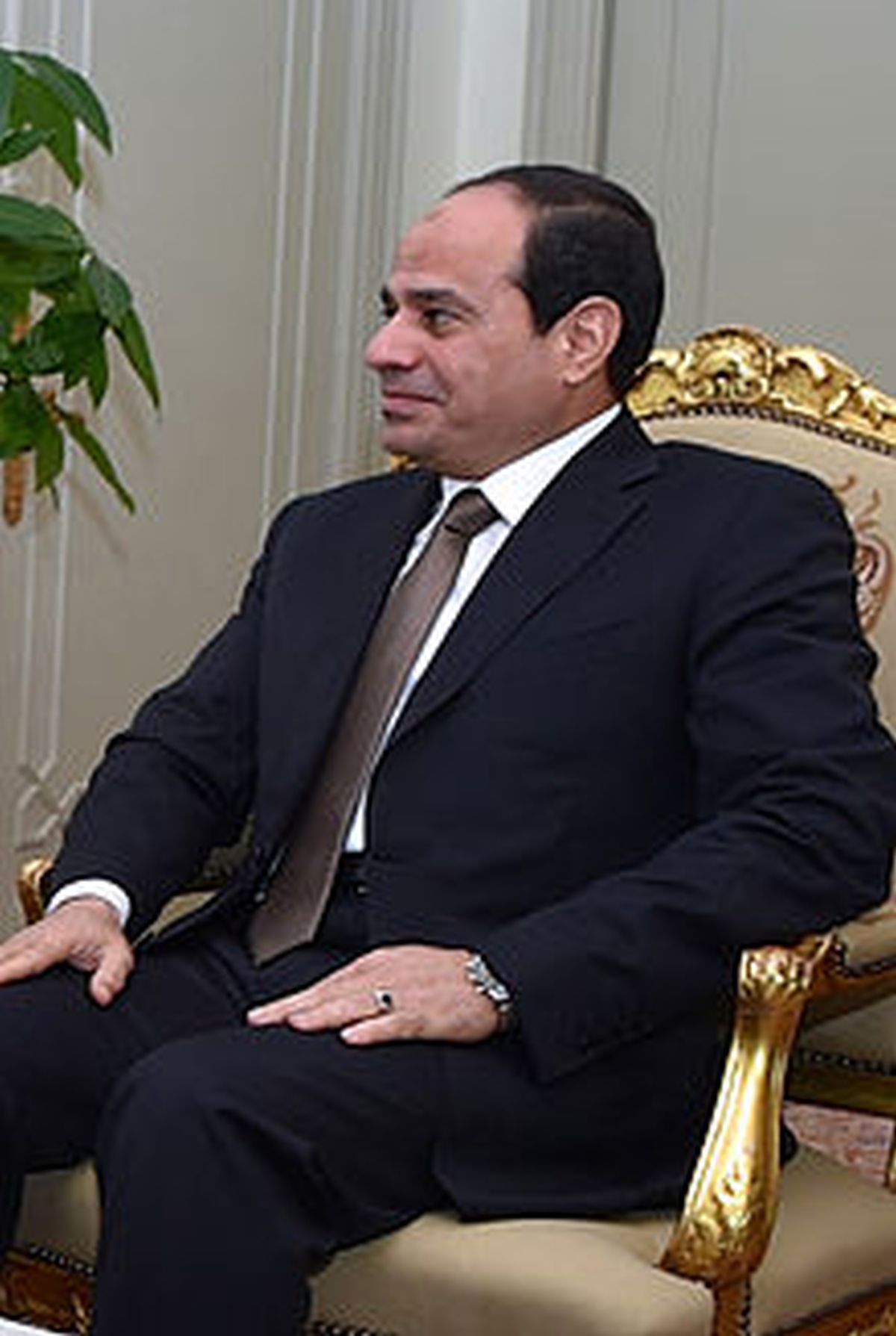 Cairo, July 30 – Increasing alienation between Israeli Prime Minister Binyamin Netanyahu and US President Barack Obama has prompted Egyptian leader Abdel Fattah el-Sisi to propose that he mediate talks aimed at bridging the chasm separating the two administrations.
Cairo, July 30 – Increasing alienation between Israeli Prime Minister Binyamin Netanyahu and US President Barack Obama has prompted Egyptian leader Abdel Fattah el-Sisi to propose that he mediate talks aimed at bridging the chasm separating the two administrations.
The American and Israeli leaders have long had a tense relationship personally, and that has exacerbated differences in policy goals and assumptions about the ongoing Israeli conflict with the Palestinians and the Muslim world in general. In contrast, the Egyptian president’s views and policies have dovetailed to an unprecedented degree with those of the hawkish Netanyahu, while he has maintained friendly, if not close, ties to the US. That evolution has placed Sisi in the unique position of mediating the simmering dispute.
For years, Egypt has cultivated the role of broker between warring factions, often serving as the go-between when Israel and either Hamas or the PLO’s Fatah have descended into outright confrontation. Sisi and his predecessors, despite tensions with other regional players, have managed to function somewhat effectively as mediators, often serving as the source of the eventual cease-fires, for example between Israel and Hamas. According to Middle East experts, the current offer is merely an outgrowth of the same role, albeit on a larger stage.
Moreover, say those experts, the failure of US efforts to achieve a lasting cease-fire in the current round of fighting between Israel and Hamas has damaged the US’s reputation as an effective mediator, especially when Obama and John Kerry are at the helm of those efforts.
“Helping the two parties at loggerheads reach a settlement is in everyone’s interests, especially Egypt,” says James Carter, a veteran commentator on Egyptian and Israeli matters. “A successful mediation, or even a failed one, but one that was clearly undertaken and conducted in good faith, can only help Egypt cement itself as a capable guardian not just of regional stability, but of stability of the world at large.” He noted that Egypt has a clear interest in smooth American-Israeli relations, as US aid to Egypt – currently in the hundreds of millions of dollars annually – is a function of the 1978 American-mediated peace treaty between Egypt and Israel.
But the role of US-Israel truce broker goes well beyond economic interests, says Carter. “If Egypt can pull this off, their star will rise far beyond those of Qatar, Turkey, and Iran, all of whom are vying for leadership positions in the region. It will vault Sisi into the ranks of international superstardom and give Egypt the prestige it has lacked for decades.”
“And if things are going well with the negotiations,” he added, “perhaps Sisi can start working on mediating between Obama and the Republicans.”




